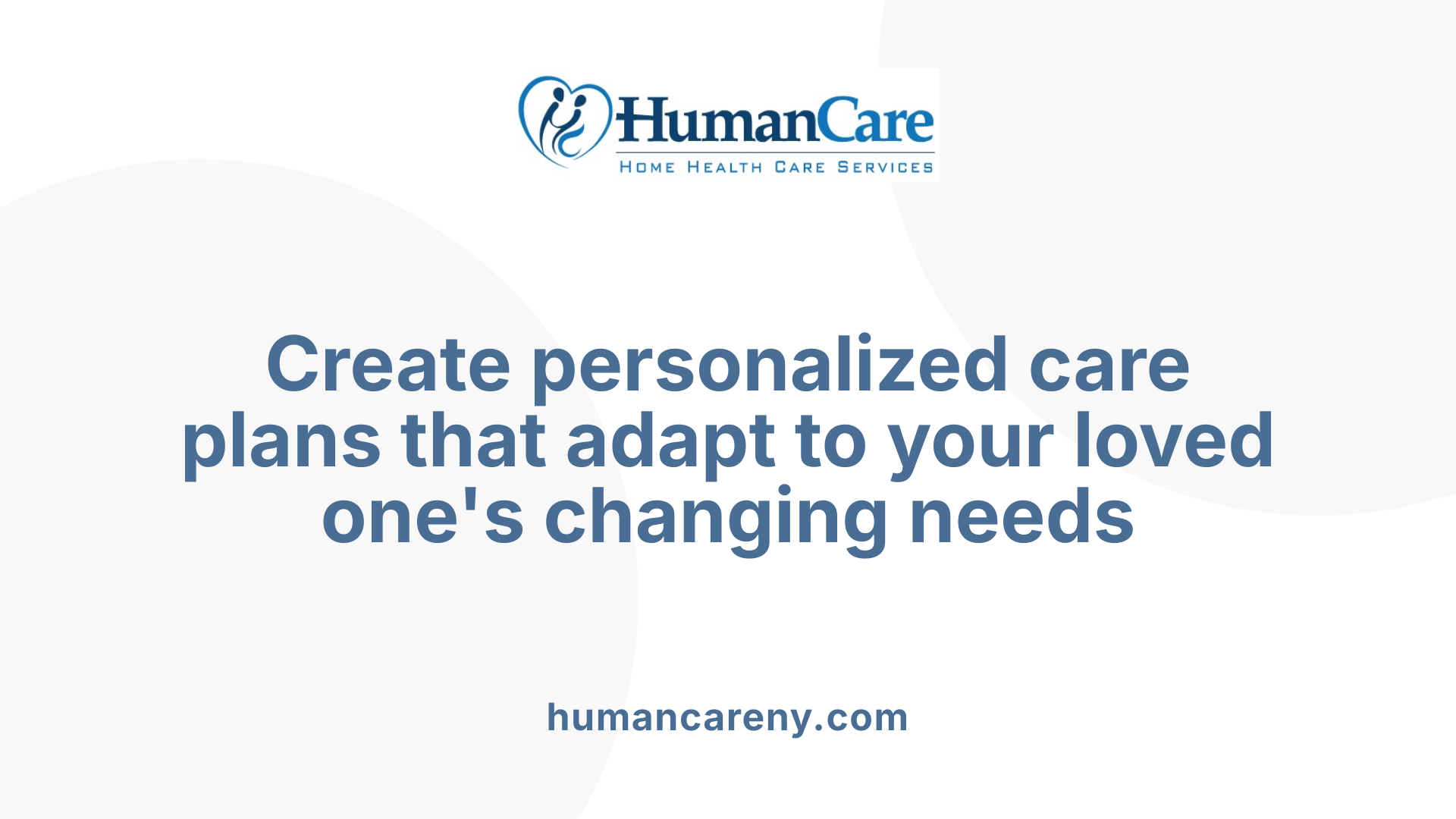Understanding the Role of Companion Caregivers in Errands and Shopping
Companion caregivers provide essential non-medical support to seniors, helping them maintain independence, safety, and social engagement through assistance with shopping, errands, and daily activities. These services are designed to promote emotional well-being while alleviating the physical and logistical burdens often faced by older adults.
Comprehensive Services Supporting Daily Activities and Emotional Well-being

What services are typically offered by companion caregivers to support seniors' daily activities?
Companion caregivers provide a range of non-medical services aimed at enhancing seniors' emotional and practical well-being. Their support includes engaging in conversations, participating in social activities, and offering companionship during daily routines. They assist with light housekeeping tasks, meal preparation, and ensure proper medication reminders. Transportation services are also provided, enabling seniors to attend appointments, grocery shopping, or social outings. These caregivers encourage physical activities such as walks or outings, which help maintain mobility and mood. Although they do not perform medical procedures, their role is vital in helping seniors stay connected, active, and safe, fostering a sense of independence and emotional comfort.
What should be considered when evaluating companionship care services for a senior's needs?
Choosing the right companionship care involves assessing the senior's unique physical, medical, social, and emotional needs. Important factors include the scope of services, caregiver qualifications, and compatibility in personality and interests. Families should verify provider credentials, check for background clearances, and review the matching process to ensure trustworthiness and professionalism. Cost, availability, and legal considerations such as privacy are also significant. The caregiver’s ability to build a trusting relationship that fosters effective communication and emotional support is essential. Periodic review and adaptation of care plans ensure that services meet evolving needs, promoting overall well-being and independence.
How do companion caregivers assist seniors with shopping and errands?
Companion caregivers help seniors navigate daily shopping and errands by providing transportation and support throughout outings. They assist with grocery shopping, ensuring seniors locate necessary items, and help with meal planning and preparation to maintain proper nutrition. Caregivers also run errands like picking up prescriptions, mailing packages, or buying supplies for hobbies and household needs. They offer reminders for appointments and medications, reducing the risk of missed doses or forgotten tasks. During outings, caregivers help carry groceries, push carts, and manage logistics, promoting safety and convenience. Their support gives seniors peace of mind, preserving their ability to live independently and stay engaged with their community.
What is the role of companion caregivers in assisting with errands, and what tasks are usually included?
Companion caregivers serve as practical support for seniors by handling numerous errands that may be physically or logistically challenging. They assist with shopping for groceries, personal items, or household supplies. Picking up prescriptions and organizing mail are common tasks, along with providing transportation to medical appointments or social activities. Light household chores like cleaning, laundry, and meal prep are often part of their services. Beyond the practical, they offer companionship and emotional support, making outings more pleasant and engaging. This holistic approach helps seniors maintain their routines, stay socially connected, and live independently while feeling supported and safe.
What are the benefits of companionship care in supporting seniors with errands and shopping?
Companionship care offers numerous benefits by enabling seniors to carry out errands and shopping with assistance, thus supporting their independence. It also alleviates feelings of loneliness by providing social interaction, which boosts mental health and emotional well-being. The presence of a caregiver during outings helps reduce risks like falls or accidents, ensuring safety. Additionally, companionship fosters physical activity and keeps seniors engaged, which benefits overall health. Practical benefits include assistance with organizing shopping lists, carrying groceries, and managing expenses. Overall, companionship care improves quality of life by combining practical support with social and emotional engagement, helping seniors stay active and connected.
How do companion care services support safe and independent living for seniors?
Companion care services promote safety and independence by providing tailored assistance that addresses the physical, emotional, and social needs of seniors. Help with daily activities like light housekeeping, meal prep, and medication reminders ensures health and safety. Emotional support and social engagement combat loneliness and depression, maintaining mental health. Transportation services to medical appointments or social outings keep seniors active and connected to their communities. Caregivers also help identify and mitigate safety hazards in the home, reducing fall risks and enhancing overall security. By fostering a sense of companionship and security, these services empower seniors to thrive in their own homes for as long as possible.
Promoting Independence and Well-being Through Tailored Care Plans

What should be considered when evaluating companionship care services for a senior's needs?
When assessing companionship care services, it’s important to look closely at how well the provider can meet the individual’s specific physical, emotional, and social needs. Compatibility between the caregiver and senior plays a significant role in the effectiveness of the care. Families should review the caregiver’s qualifications, background checks, and experience, especially in understanding the senior’s health conditions. The scope of services, such as assistance with errands, social engagement, or mobility support, should match the senior’s requirements.
Other factors to consider include the provider’s reputation, reliability, flexibility in scheduling, and the ability to foster a trusting relationship. Clear communication about costs, legal considerations, and privacy policies is vital. A good service will offer personalized care plans that adapt as needs change, ensuring the senior remains comfortable, engaged, and independent. Ultimately, choosing a compassionate, competent, and trustworthy caregiver ensures emotional well-being and promotes a high quality of life.
How are care plans tailored to individual needs and preferences?
Tailored care plans begin with thorough assessments of the senior’s health status, daily routines, and personal goals. Care coordinators collaborate closely with seniors and families to understand what activities bring joy, what challenges they face, and their preferred ways of receiving assistance.
Based on this information, the care plan is customized to include services such as grocery shopping, medication reminders, companionship, or assistance with mobility. Care plans are not static; they are regularly reviewed and adjusted to reflect changes in health or lifestyle. Building trust and rapport between caregivers and seniors is key to ensuring the plan is respected and effective. This personalized approach encourages seniors to participate in activities they enjoy, helping them stay active, socially connected, and independent.
What role does family involvement play in designing and overseeing care?
Family members are essential in developing and supervising a senior care plan. Their insights about the senior’s background, preferences, and needs help create a more accurate and meaningful plan. Ongoing communication with caregivers allows families to monitor the quality of care and address concerns promptly.
Involving family members in regular reviews and decision-making fosters transparency and reassurance. They can assist with setting priorities, adjusting services, and ensuring that the senior’s holistic well-being is maintained. Family involvement also promotes emotional support for the senior, strengthens trust with care providers, and helps ensure the care remains aligned with the senior’s values and lifestyle. This collaborative approach results in more responsive, respectful, and effective care.
| Aspect | Details | Additional Notes |
|---|---|---|
| Care Assessment | Comprehensive review of senior’s health, routines, preferences | Ensures custom-fit services |
| Care Plan Adjustment | Regular reviews and updates | Adapts to changing needs |
| Family Role | Insights, oversight, decision-making | Enhances trust and personalization |
| Service Scope | Errands, social activities, mobility support | Customized to individual needs |
| Monitoring | Feedback loops, communication | Keeps care effective and responsive |
This ongoing, personalized approach to senior care promotes independence, emotional well-being, and active engagement, helping seniors enjoy their daily lives with dignity and support.
Enhancing Quality of Life through Compassionate Support
Companion caregivers play a vital role in enabling seniors to lead active, autonomous, and fulfilling lives. By providing tailored assistance with errands, shopping, and daily activities, they help reduce physical and emotional burdens while fostering social engagement and safety. Choosing the right caregiver and care plan is essential for ensuring seniors receive compassionate, trustworthy, and effective support, ultimately enhancing their overall well-being and happiness.
References
- Errands & Transportation Services | Family Resource Home Care
- Companion Care at Home: Making Shopping And Errands Fun For ...
- What Can a Companion Caregiver Do For You? - Visiting Angels
- Companion Care for Seniors - Uplifting Care and Friendship
- What Is Companion Care for Seniors? - ElderLife Financial Services
- Help for Seniors with Grocery Shopping and Errands
- Understanding Senior Companion Care
- In-Home Companion Services | BrightStar Care
- The Best Senior Home Companions: A Comprehensive List



